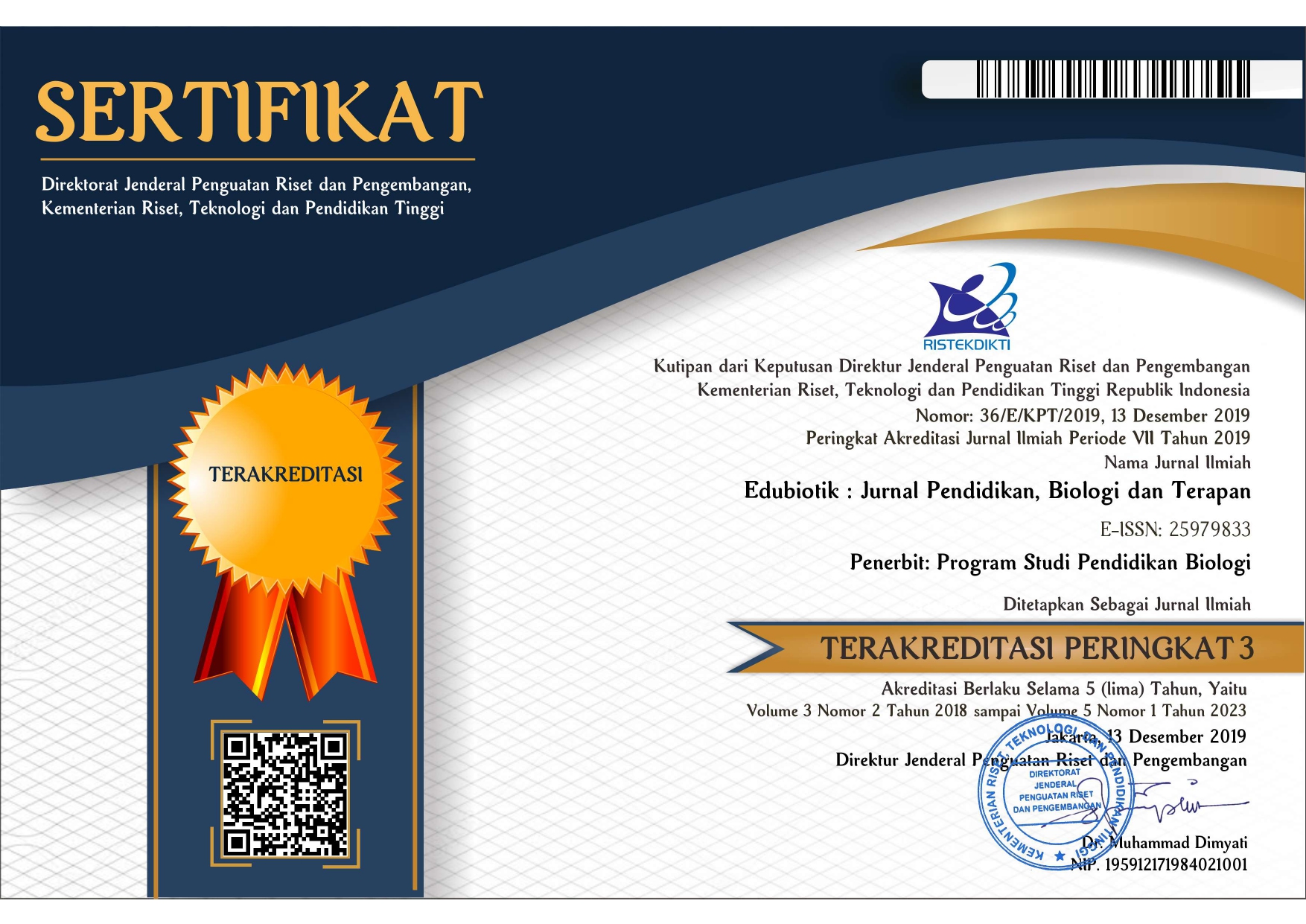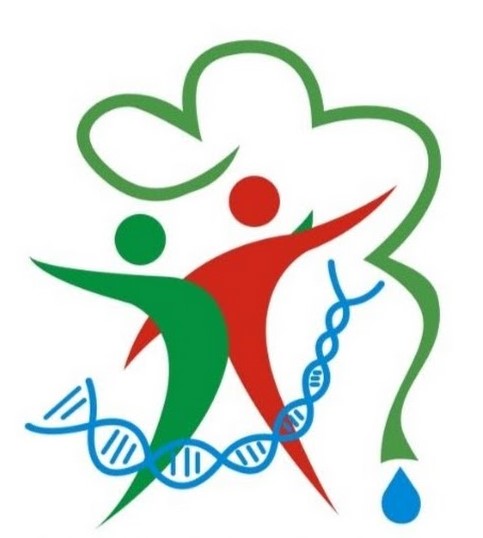Publication Ethics
Our ethical statements are based on COPE’s Best Practice Guidelines for Journal Editors.
Publication Decision
The editor is responsible for deciding which articles are submitted to the journal for publication. Editors can be guided by the editorial board's journal policies and are limited by legal requirements that will apply to defamation, copyright infringement, and plagiarism. Editors can communicate with editors or other reviewers in making this decision.
Fair Play
The editor at any time evaluates the manuscript for their intellectual content regardless of race, gender, sexual orientation, religious beliefs, ethnic origin, nationality, or the political philosophy of the author.
Confidentiality
Any editor and the editorial team may not disclose any information about the manuscript sent to anyone other than the appropriate author, reviewers, potential reviewers, other editorial advisors, and publishers, as appropriate.
Disclosure and Conflict of Interest
Approval published on the text of the Unpublished Material disclosed by the author may not be used in the editor's own research without disclosing it to the author.
Duties of Reviewers
Contributions to Editorial Decisions
Peer reviews help the editor in making editorial decisions and through editorial communication with the author can also help the writer improve the quality of the paper in accordance with the reviewers' recommendations.
Promptness
Each selected reviewer who feels he is not eligible to review the research reported in the manuscript or the reviewer knows that a quick review is not possible, the reviewer must notify the editor and ask permission from the review process.
Confidentiality
Every article received for review must be treated as a confidential document. They cannot be displayed or discussed with others except as permitted by the editor team.
Standard of Objectivity
An objective review must be carried out by the reviewer. Personal criticism of the author is inappropriate. Reviewers must express their views clearly with arguments in favor of improving the quality of an article.
Acknowledgment of Sources
The reviewer must publish the relevant work that has not been quoted by the author. The reviewer must also draw attention to the editor's team about the substantial similarities between the articles considered and each published article from which they have personal knowledge.
Disclosure and Conflict of Interest
New and interesting information or ideas obtained through peer review must be kept confidential and not used for personal gain. Reviewers may not consider texts where they have conflicts of interest arising from competition, collaboration, or other relationships or connections with any author, company or institution connected with the article.
Duties of Authors
Reporting standards
The author must present an accurate report about the work carried out and objective discussion of its significance and the article is genuine. The underlying data must be accurately represented in the article. An article must contain sufficient details and references to enable others to quote the work. False or intentionally inaccurate statements are unethical and unacceptable and cannot be published.
Originality and Plagiarism
The authors must ensure that they have written fully original articles, and if the author has used the work and/or words of others that this has been quoted or quoted correctly. The editorial team will not publish articles suspected of infringing plagiarism on articles by other researchers.
Multiple, Redundant or Concurrent Publication
An author may not specifically or publicly, publish articles that basically describe the same research in more than one journal. Submitting the same article to more than one journal simultaneously is a publishing behavior that is unethical and unacceptable and cannot be published.
Acknowledgment of Sources
Correct recognition of the work of others must always be given. The author must quote publications that have an influence in determining the nature of the articles reported and published.
Authorship of the Paper
Authors must be limited to those who have contributed significantly to the conception, design, implementation, or interpretation of the research reported. All who have made significant contributions must be registered as co-authors (contributors). Where there are other people who have participated in certain substantive aspects of the research process, they must be recognized or registered as contributors. The appropriate author must ensure that all appropriate co-authors and no co-authors are improperly included in the article and that all co-authors have seen and agreed to the final version of the article and have agreed to submit it for publication.
Disclosure and Conflicts of Interest
All authors must disclose in their articles any other financial or substantive conflicts of interest that might be interpreted to influence the results or interpretation of their articles. All financial resources for the project must be disclosed.
Fundamental errors in published works
When the author finds significant errors or inaccuracies in his self-published article, it is the duty of the author to immediately notify the editor or publisher team and work with the editorial team to recall or correct the article.




.png)
2.png)

1.jpg)


